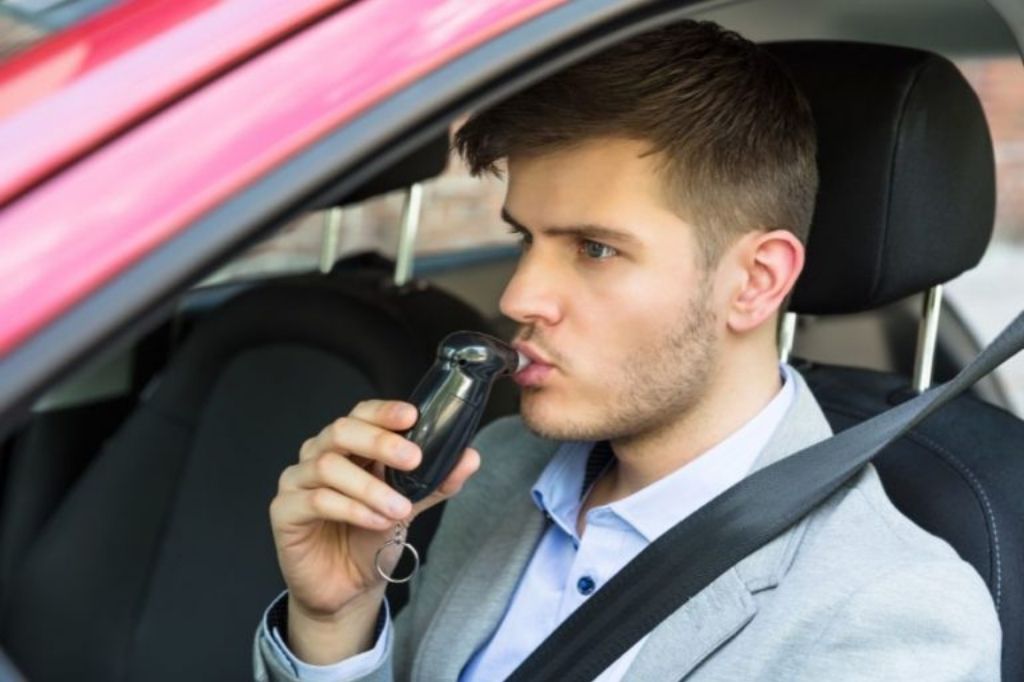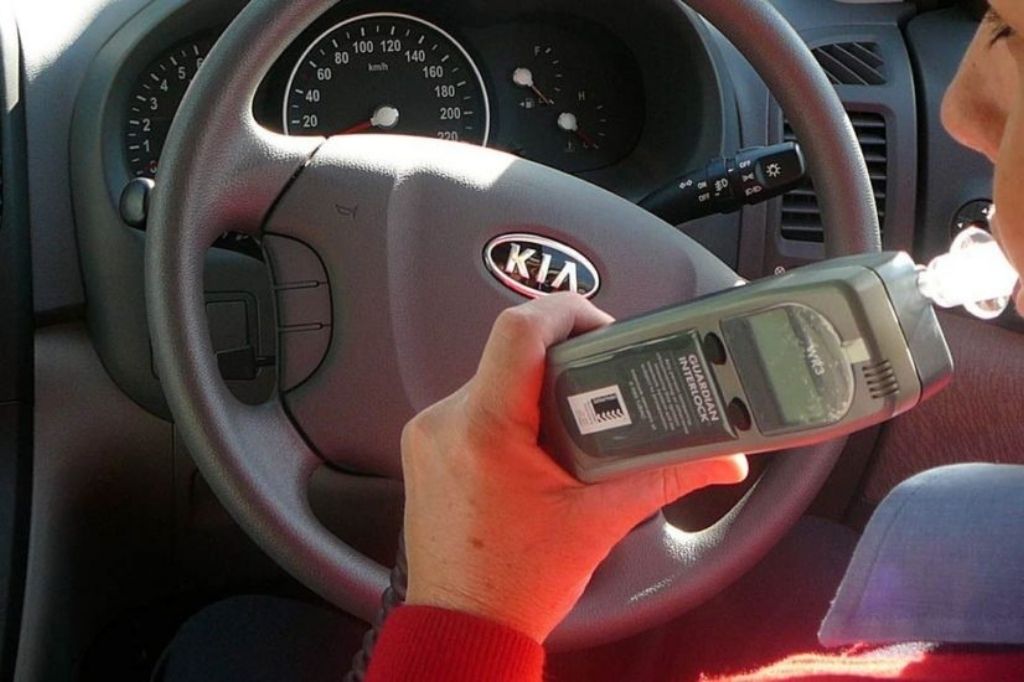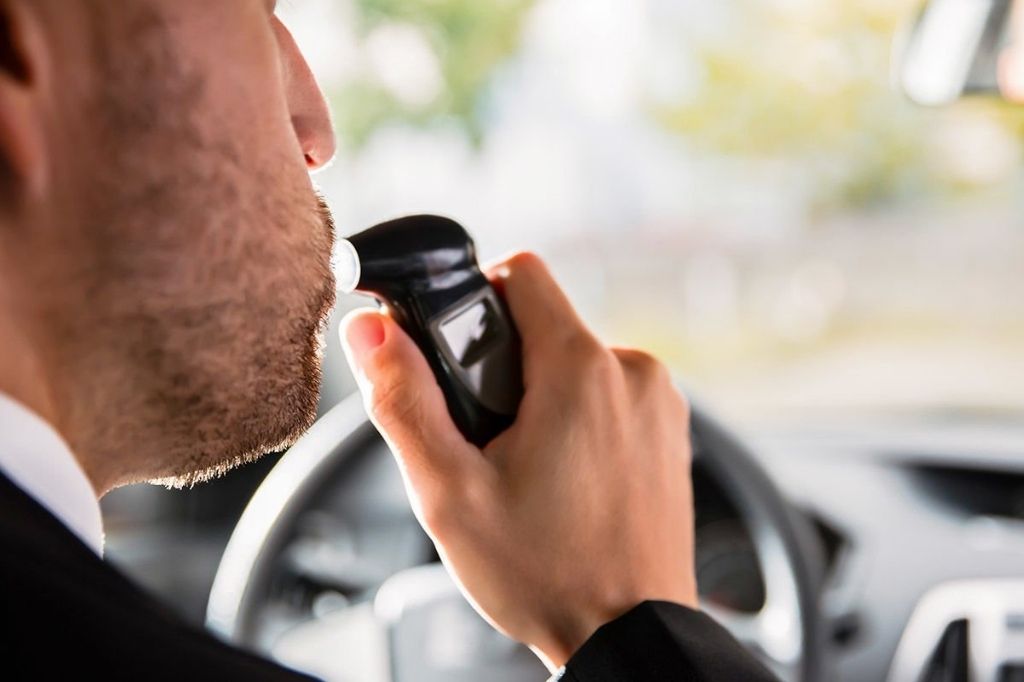So, picture this: You’re driving along, maybe on the way to work or headed to pick up the kids, and this thought just kinda sneaks up on you; can an ignition interlock device shut my car off? I mean, nobody wants their car just stopping in the middle of traffic, right? But if you’ve got an interlock device, this might actually be something you’ve wondered.
Let’s get into the details here and see if there’s really anything to worry about.
What Does an Ignition Interlock Device Even Do?
Alright, let’s start at the beginning.So, how exactly does an ignition interlock work? Imagine it as a little breathalyzer that is integrated into your vehicle’s ignition system. You need to blow into it before you can even start moving; it detects traces of alcohol on your breath. If it doesn’t find any, you’re good to go. If it does? The car’s not starting, plain and simple.

Now, once you’re on the road, the device doesn’t just clock out and call it a day. Some interlock devices also require “rolling retests,” which means you might have to blow into it again while you’re driving to prove you haven’t had a drink since you started up. Although it may be somewhat bothersome, it is all a component of the system that is put in place to guarantee your safety while driving.
But here’s where a lot of people get nervous. What happens if you fail a test while you’re already driving? Is your car just gonna shut off? Well, let’s clear that up.
Can an Ignition Interlock Device Actually Shut Your Car Off?
Here’s the short answer: an ignition interlock device can’t shut your car off while you’re driving. Yeah, that’s right. These gadgets are not meant to stop your automobile after it is already in motion. Imagine yourself driving in the midst of an intersection or on a crowded road and the automobile just stopped. Right now, it would be a catastrophe just waiting to strike. Hence, the gadget lacks that type of control.
What it can do, though, is sound an alarm or start beeping at you if you fail a test. The goal here is to alert you that something’s off without putting you or anyone else in harm’s way. It’s a reminder to pull over safely and sort things out, not to put you in a risky situation by stopping the car.
The design is all about keeping you accountable without creating dangerous situations. So, while the device does its job by requiring tests and monitoring BAC levels, it doesn’t have the power to actually shut down the car engine once it’s running. That’s a common worry, but really, it’s just a myth.
Related Article: Can You Drink Coffee with an Interlock Device?
What Happens If You Fail a Rolling Retest?
Let’s say you’re driving, and it’s time for one of those rolling retests. You blow into the device, but for some reason, you fail. Now what? Failing a rolling retest doesn’t mean your car’s going to shut off. What usually happens is the device will start beeping or flashing to get your attention.
At this point, you’ll want to find a safe spot to pull over. The device is basically saying, “Hey, something’s up here,” but it’s not forcing you to stop right then and there. It’s just an alert, a little nudge to remind you to pull over when it’s safe. Once you’re stopped, you might have to blow into the device again to see if you can pass the test.
Now, should you fail a few tests consecutively, it might be noted as a breach and you could have to bring the vehicle in for a reset or servicing. None of this, however, implies the automobile will just switch off by itself. That’s a big misconception people have, but rest assured, it’s not going to leave you stranded.
Why These Devices Are Built This Way?
It’s all about safety. Ignition interlock devices are designed with safety in mind. Imagine if they could just stop the car on a whim; that’d be downright dangerous. So, instead, they’re designed to work with you, reminding you to stay compliant without taking over the control of the vehicle entirely.
If a car could shut off in the middle of driving, it would create way more hazards than it solves. The flashing lights, beeps, and other alerts are there to remind you to pull over safely if needed, not to control the car directly. It’s a delicate balance: enforcing the rules without putting you or anyone else on the road at risk.
So, if you’ve ever felt a little nervous about what the interlock device could do, know that it’s programmed to keep things safe and sound, without putting the brakes on your drive (literally or figuratively).
Myths About Ignition Interlock Devices
With all the talk around interlock devices, there are bound to be some myths. Let’s clear up a few of the biggest misconceptions.

One big myth is that failing a test will lock the doors or make the car impossible to drive. Not true at all. Failing a test means you might hear an alarm, but the car’s not going to trap you or anything. It’s just a gentle nudge, nothing extreme.
Another common myth? That these devices pick up on every little thing, like mouthwash or certain foods, and immediately lock you out of the car. While some products might temporarily interfere, they won’t cause the car to shut down or lock you out. The device’s sensitivity is there for safety, but it doesn’t mean it’s unreasonable.
Understanding the truth about how these devices work can really help ease any worries. They’re there to help, not to make your life more complicated.
Tips for Using an Ignition Interlock Device
If you’re using an interlock device, knowing how to work with it can make things a whole lot easier. Here are some tips to help you use the device without stress.
First, be careful with what you eat or drink before driving. Some foods, mouthwash, and even breath sprays can affect the device. A little bit of waiting goes a long way; let any strong scents or flavors clear before taking the test.
If you ever fail a rolling retest, don’t panic. It’s not going to stop the car, so just pull over when it’s safe and try again. Staying calm and following the prompts is the best way to handle it.
Finally, keep up with the device’s maintenance. Interlock devices need periodic calibration, and staying on top of this can prevent false positives or other issues. The more you know about how it works, the less stressful the whole process will be.
Editor’s note…
So, can an ignition interlock device shut your car off? Nope. These devices don’t have that power. They’re designed to keep you accountable without putting anyone in danger, so they won’t interfere with your car’s engine once you’re on the road.
It’s normal to have concerns about how these things work, especially if you’re new to using one. But understanding the facts can give you peace of mind. The device is there to make sure you’re driving safely, but it’s not going to suddenly leave you stranded.
Drive with confidence, knowing your interlock device has your safety in mind, not control over your car.







